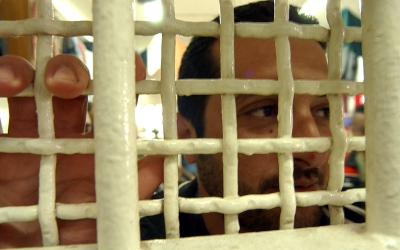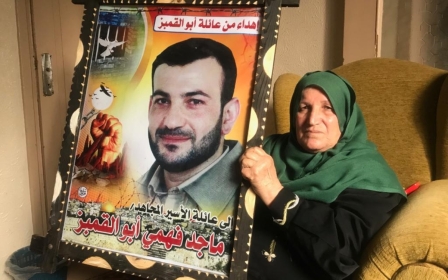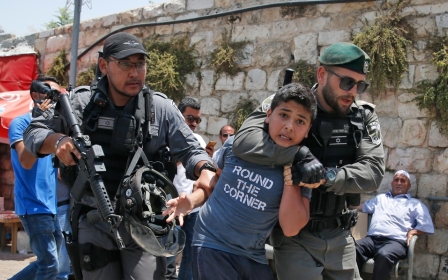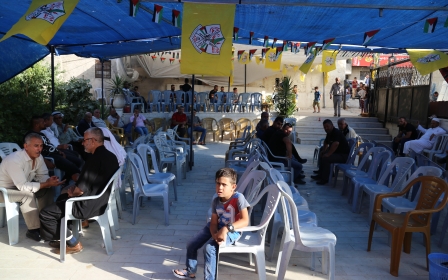Israeli forces crack down on Palestinian prisoner hunger strike, says prisoner group
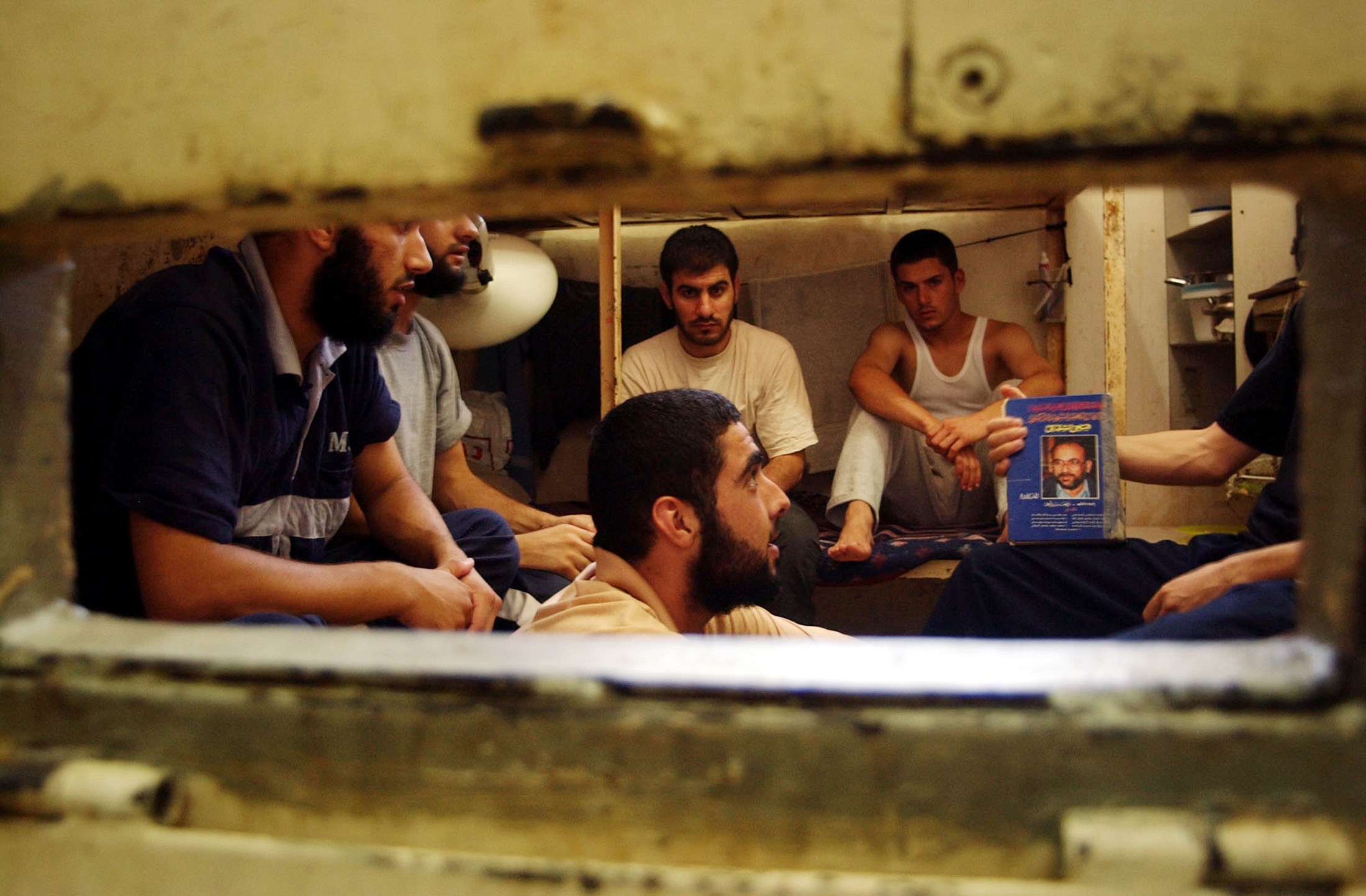
Israeli forces raided a prison in the occupied West Bank on Monday, firing tear gas and moving several Palestinian prisoners to solitary confinement to crackdown on a protest, the Palestinian Prisoners’ Club (PPC) told Middle East Eye.
Prisoners held in two sections of Ofer prison in Ramallah refused to eat their meals on Sunday night “as an act of protest against the targeting of the prisoners’ leaders in Ofer, and the committees that run their daily affairs,” a PPC spokesman said.
On Monday, forces with the Metzada unit, a special operations unit within the Israeli Prison Service, broke into the two sections to put an end to their protest, using tear gas.
Five prisoners were moved from Ofer to another Israeli prison, the identity of which was unknown at the time of publication. Another 15 prisoners were put in solitary confinement in Ofer, the PPC spokesman said.
The number of prisoners wounded during the raid remains unknown, he added.
According to the Palestinian Authority news agency Wafa, the same forces broke into a section of the prison where around 100 children are detained and tied up some of them.
MEE has contacted Israeli Prison Services to comment, but did not hear back by the time of publication.
Out of 5,500 Palestinian political prisoners held in Israeli jails, around 1,200, including 250 children, are held in Ofer.
Over the past year, Palestinians in the prison have been pressing for better conditions, holding repeat hunger strikes. One major demand is for authorities to install a public phone so they can call their relatives.
While they are allowed to send letters, the process involves long delays as a result of Israeli prison censorship. Sometimes the letters never reach friends and family.
Under international law, prisoners are entitled to visits from and communication with their families.
Middle East Eye delivers independent and unrivalled coverage and analysis of the Middle East, North Africa and beyond. To learn more about republishing this content and the associated fees, please fill out this form. More about MEE can be found here.


